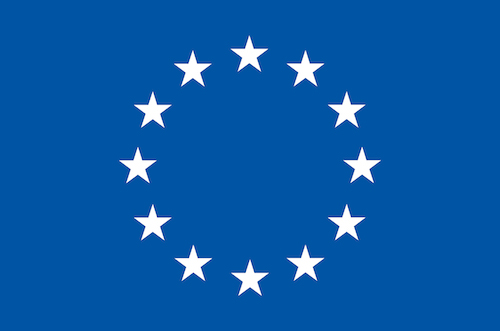University College London (UCL)
University College London (UCL) is a world-renowned research university which is routinely ranked amongst the world’s best. It hosts top-class academics with an impressive breadth and depth of expertise across the entire range of academic disciplines. In medicine, UCL is currently as 3rd in Europe and 8th in the world (QS Worldwide University Ranking in 2013). The Whitehall II study of 10308 men and women was set up in 1985 to examine socioeconomic determinants of health. The unique feature of the study is repeat data on a range of biological, social, behavioural and clinical factors, including linkage to national registers for cancer, mortality, and hospitalization records. Whitehall II is a pioneer study in the area of social inequalities, has contributed to a number of key policy documents, including the WHO Commission on the Social Determinants of Health: Closing the gap in a generation, and inspired the foundation of the Institute of Health Equity at UCL, Department of Epidemiology and Public Health to bridge the gap between research and policy. UCL is a world leader in the study of socioeconomic inequalities in health with strong links with policy makers at the national (UK Department of Health) and the international (WHO, EU-OSHA, NIH, USA) level.
There is currently no content classified with this term.


 Lifepath
Lifepath